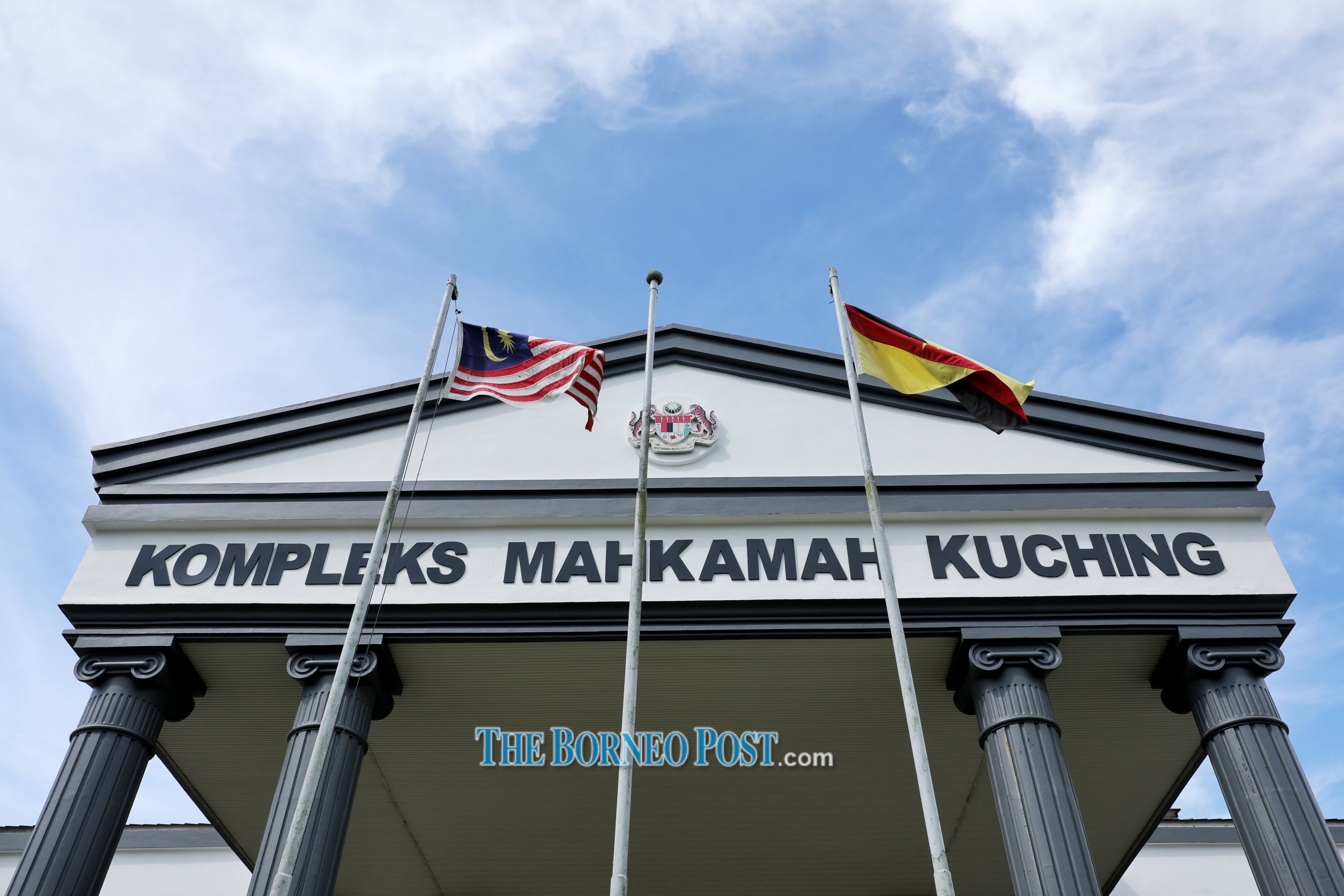ADVERTISE HERE
SINGAPORE: Arrangements between Petroliam Nasional Berhad (Petronas) and Petroleum Sarawak Berhad (Petros) on the management of new oil and gas fields off the coast of Sarawak in the Balingian province, are expected to be concluded soon.
Premier Datuk Patinggi Tan Sri Abang Johari Tun Openg said that the arrangement is purely technical, involving a collaboration between Petronas and Petros to ensure the effective management and distribution of the state’s gas resources.
“There is no actual disagreement between Sarawak and the federal authorities. It’s just a matter of technical arrangement between Petronas and Petros, which will be concluded soon.”
Abang Johari said this in a live interview with CNBC during the Singapore International Energy Week (SIEW), Monday (Oct 21).
The interviewer noted that the distribution of natural gas resources has become a contentious issue, particularly concerning the balance of control between state-owned Petros and federal entity Petronas.
He raised concerns about the long-standing challenges of autonomy and wealth distribution, questioning whether a formal agreement or arbitration would be necessary to resolve the matter.
As such, Abang Johari clarified that two laws govern the oil and gas industry in Sarawak – the Petroleum Development Act (PDA) and the Oil Mining Ordinance (OMO), the latter of which predates the PDA and remains valid.
“We have repealed that law, meaning it has to coexist with PDA. And we will give an exemption in terms of distribution of gas domestically,” he stressed.
To address the distribution of gas domestically, Abang Johari shared that Sarawak has introduced a new Gas Distribution Ordinance, designating Petros as the aggregator of gas resources.
Noting that the shift transfers the gas distribution role from Petronas to Petros, he assured that both entities are collaborating to finalise a formula that outlines the management of gas resources in Sarawak.
The Balingian oil and gas discovery is anticipated to boost the development of gas-based industries in Sarawak, following the establishment of a new methanol plant that produces 5,000 tonnes of methanol per day.
Additionally, Abang Johari noted that this discovery would further strengthen Sarawak’s contribution to the global transition towards cleaner energy sources.
“We are contributing towards the world’s need for cleaner energy for the overall economy,” he said, stressing Sarawak’s potential in eco-friendly fuel production.
He also stressed that the Oil Mining Ordinance of 1958, which stipulates that oil and gas resources found within 200 nautical miles off Sarawak’s waters belong to the state, remains non-negotiable.
“That will not be amended or repealed because it is governed by our land code,” he stated, adding that Sarawak’s territorial waters are considered an extension of the state’s land code.









 English (US) ·
English (US) ·